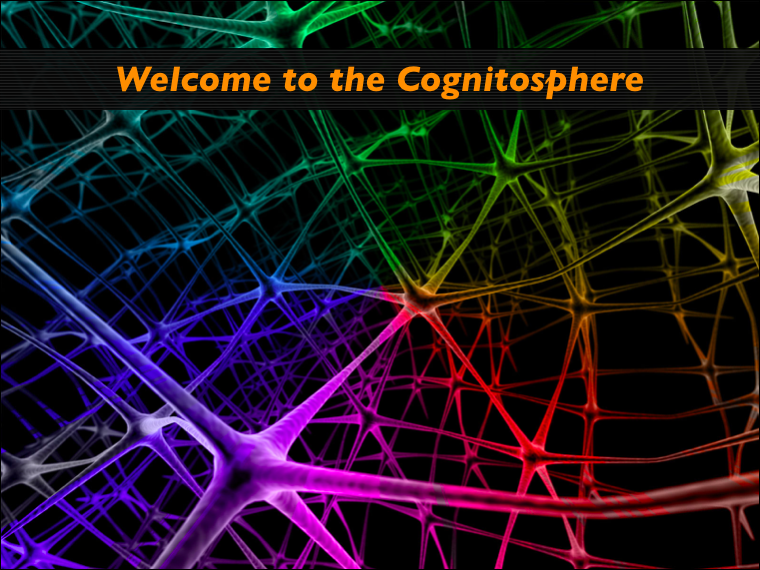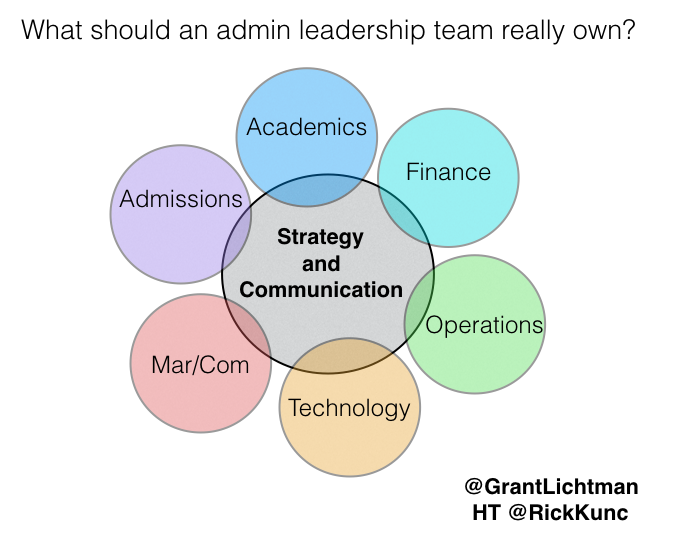I was sitting on the sofa with my 23-year old daughter over the weekend, scrolling the TV menu, and up came “Out of Africa”. I asked my daughter if she had ever seen it and she replied “Oh, yeah that’s the one about the Swedish lady who grows coffee; we watched it with you when we were kids”.
Here is something I did way back when my two children were in the 8-12 year old range, and I think it was a great piece of education combined with fun. The learning stuck with them over many years, which means they cared about what they were learning enough to actually want to absorb it.
For two or three summers, I found really big, epic movies to rent and watch with my kids. Before the movie I took out the atlas (yeah, that big, huge book that got replaced by Google Earth) and spent a little time putting the movie into context in terms of both time and place. Then we watched the movie and maybe talked once more about what else was happening in the world at the time the movie portrayed and what it meant to them as children living in the then-dying 20th Century. That’s it.
Here are some of the movies both they and I remember: (Looking back it is remarkable how many deal with war, but I guess that is a function of both human history and Hollywood.) Lawrence of Arabia; Patton; How the West Was Won; Mutiny on the Bounty; Bridge On the River Kwai; Gettysburg; Doctor Zhivago; Cool Hand Luke; Out of Africa. I am sure there were others. The common thread that these movies share is that they allow us to weave together themes of geography, politics, culture, conflict, and heroism. In other words, they provide marvelous context to history, and with that context, with that discussion of why these times and events are important to their own experience, my kids never squirmed and remember at least some of what they learned from those films many years later. They seemed to understand why these things that happened, even in fictional or semi-fictional mode, were important.
My kids had listened to a lot of family discussions around the dinner table, but before watching Bridge On the River Kwai and having that pre-movie chat, they really had not understood where both of their grandfathers spent World War II. Mutiny on the Bounty prompted a discussion of everything from ocean currents and life in the British Navy to the remarkable navigation feat of Captain Blye and his 22-foot open boat. When my daughter had to write up her media profile as a member of the Stanford volleyball team five years ago, answering the question “who would you like to have dinner with”, she came in and asked me who that Colonel was who held the end of the Union line at Gettysburg, possibly saving the country in the process. I about busted with pride. (Answer: Joshua Chamberlain).
Those of you with younger children, give it a try; it is a great way to spend some summer nights with the family. Those of you who teach students of this age, these classic movies are great teaching tools if used as contextual glue for the great themes of human geopolitical history that impact all of us in every generation.




Leave A Comment